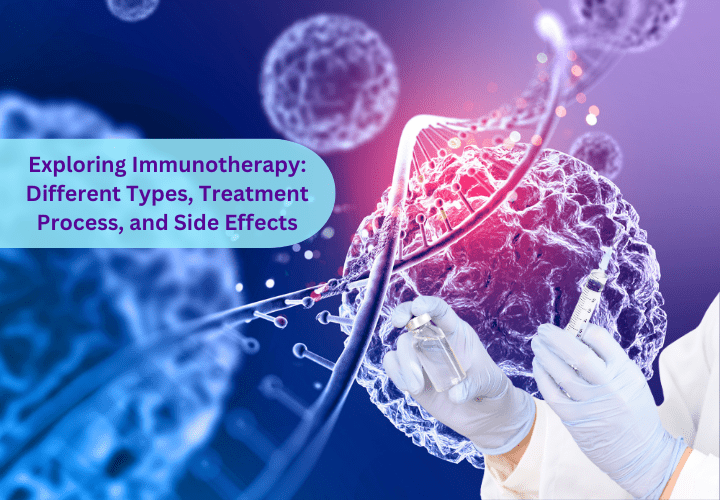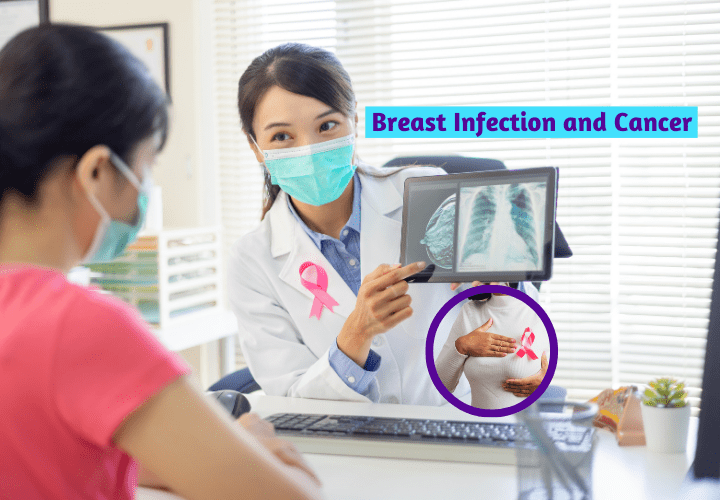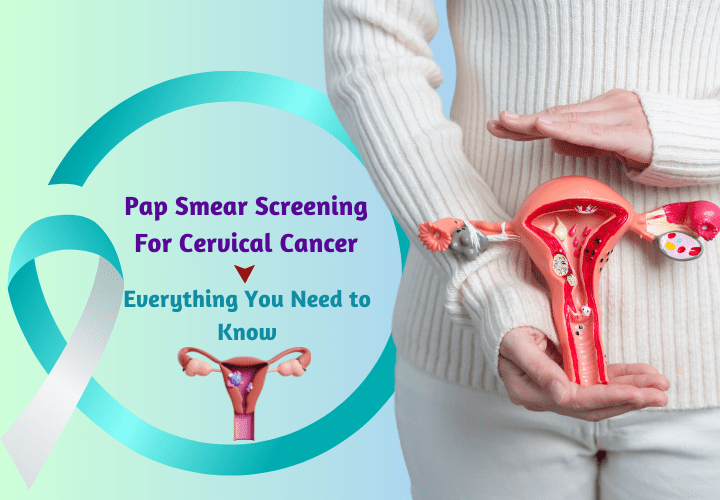Emotional stages that a terminally ill patient’s loved ones can go through

Emotional stages that a terminally ill patient’s loved ones can go through
- onco
- October 28, 2021
Elizabeth Kubler Ross and David Kessler coined the five stages of grief that a terminally ill patient and their surviving family can experience. These may be construed as the diverse range of responses one has when experiencing loss. These are a framework or a tool for us to identify our emotions as well as those of our loved ones who have suffered. One may experience none or all of the stages and also in random order. What cannot be denied is that grief is real and unique and there is no one way of experiencing or responding to it. The stages marked below are some of the commonly experienced emotions during loss, but by no means define or demean individual experiences.
- Denial: The first of the five, it helps us to survive the shock of the loss. We feel a sense of overwhelm, meaninglessness and emptiness. There is also a lack of motivation to go on and a sense of doom and numbness that prevails. Denial helps in slowing down and processing the feelings of traumatic loss. Denial in other words, is the mind’s way of taking only what it can handle, and healing in piecemeal.
- Anger: It is a turbulent, but vital stage in the healing process. It is recommended one feels this emotion like any other instead of suppressing it, because the more you feel it, the more you heal it. Anger may be directed at loved ones, at doctors, at God and sometimes even at ourselves, for not doing enough or for surviving. The emotion beneath anger is pain and fear. And it is ok to experience these emotions as we lose something precious to us. Above it all, it is a sign of the intensity of our bond and connection to the loved one we lost.
- Bargaining: This can take different forms before and after a loss. Before a loss we can be seen as making a mental trade off “I will never do this again if my father survives”. After death, we can find ourselves inundated with the what ifs and if only’s of life
“Should I become a cancer awareness ambassador to cope with this void?”
“If only I had taken my wife for the health check up on time”. Either ways, this stage makes us fixated on the past, trying to look for someone to blame or a solution to end the bad dream.
- Depression: This stage is marked by extreme sadness. Time stands still and we feel that there will never be a tomorrow. A withdrawal from life and social activities follows. It is a natural and appropriate response to loss. Medication and counseling are recommended at this stage for healing to progress.
- Acceptance: This doesn’t mean suddenly becoming ok with one’s loss. It is more about making peace with the reality that our loved one has departed and it is irreversible. We learn new ways to adjust to this fact. We restructure our role in family and social life and sometimes this may be accompanied by feelings of guilt. An important part of recovery from loss is knowing that moving on is not in fact betraying your loved one but instead doing what they would have wanted you to do-live.
Explained by one of the best cancer doctor in Delhi
Recent Posts
-
Pap Smear Screening for Cervical Cancer: Everything You Need to Know
February 26, 2025
-
How Air Pollution Increases the Risk of Lung Cancer: A Growing Concern
February 18, 2025





Leave a Reply